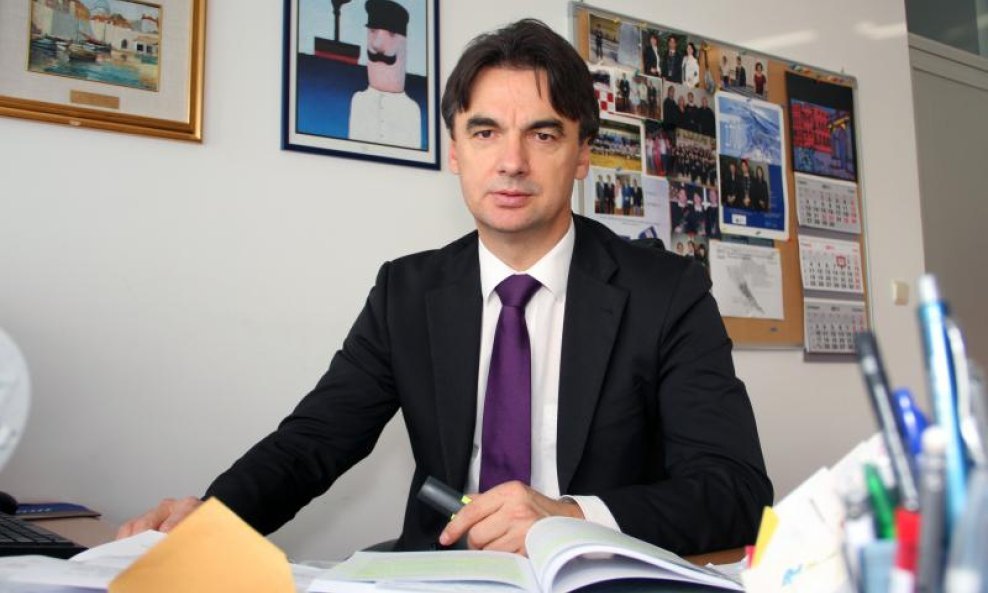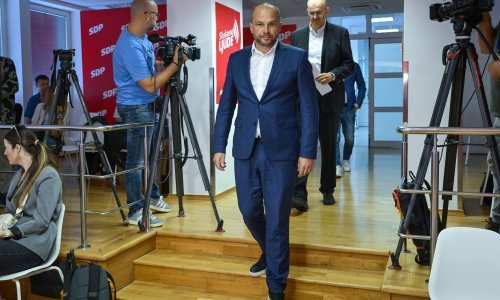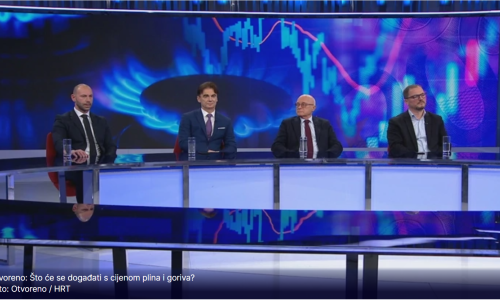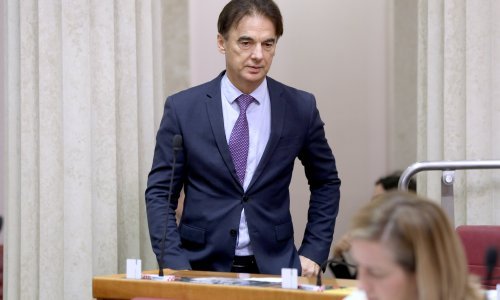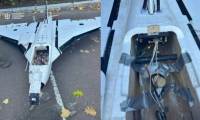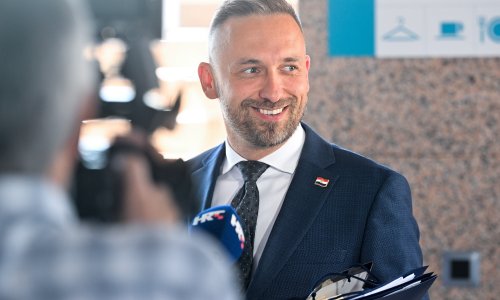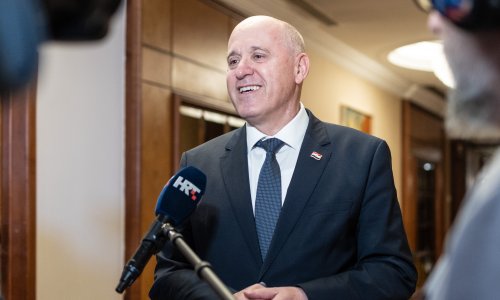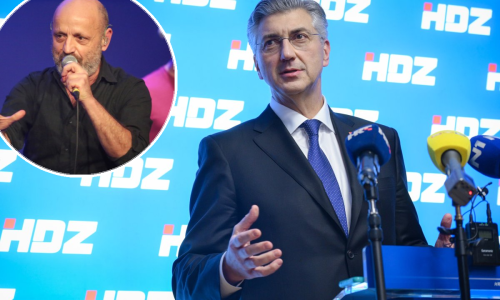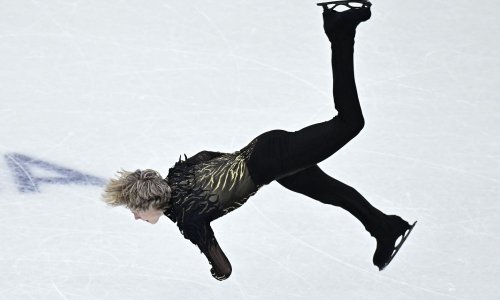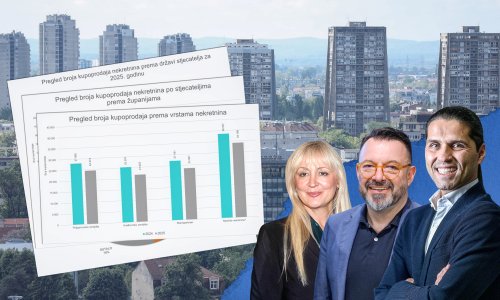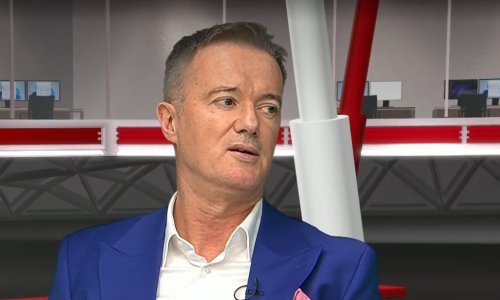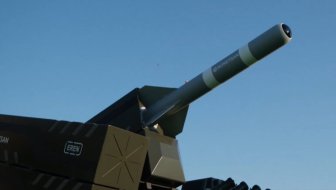Setting up a special ministry for all EU structural funds is a very intelligent decision by the Croatian government, which will help draw available funds, EU Regional Policy Commissioner Johannes Hahn said in Brussels on Tuesday after meeting Croatian Deputy Prime Minister and Regional Development and EU Funds Minister Branko Grcic.
I am very happy that Croatia has opened a ministry responsible for all structural funds, which is definitely an intelligent decision in the long run. This will most definitely help draw money which is available and we are talking about over EUR 400 million for the second half of 2013. Therefore it is necessary to have clear ideas, namely projects for the coming period so that no time is wasted, Hahn said after talking to Grcic.
Croatia will enter the European Union at the very end of the EU current budgetary period (2007-2013) and after six months of membership, namely in the second half of 2013, it will be able to draw some EUR 450 million from the cohesion and structural funds. The EU is currently negotiating a new financial framework for the 2014-2020 period.
Grcic said that during the talks with Hahn he raised the issue of possible changes in the organisation of the present statistical regions on the NUTS 2 level in Croatia, as Northwestern Croatia could exceed the 75 per cent European average in the next budgetary period, which would give it the status of a transition region with a smaller amount of available funds. NUTS 2 are statistical spacial units with population between 800,000 and 1.3 million. Croatia is divided into three such regions - Northwestern Croatia, Pannonian Croatia and Adriatic Croatia.
In its next financial framework, the European Commission is expected to allocate EUR 376 billion to the cohesion policy. The largest part of that amount, namely EUR 336 billion, would be allocated for direct support to the development and competitiveness of all European regions, while the remaining EUR 40 billion would go to a new fund which will finance the transport, energy and telecommunications infrastructure.
"In 2013 all Croatian statistical regions will be able to use the EUR 450 million that will be made available to Croatia. By the time a new financial framework becomes effective, we will carry out additional analyses so as to see which categories these regions fall under, and Croatia will most definitely launch the process of changing its regions to the NUTS 2 level, in accordance with European regulations, but we still have to discuss this with the European Commission," Grcic said.
He and Hahn also talked about the possibility for the EU to finance some of the mine removal projects in Croatia.
Croatia has so far invested some EUR 500 million in mine removal and the process should be completed by 2019, for which Croatia needs another EUR 500 million.



